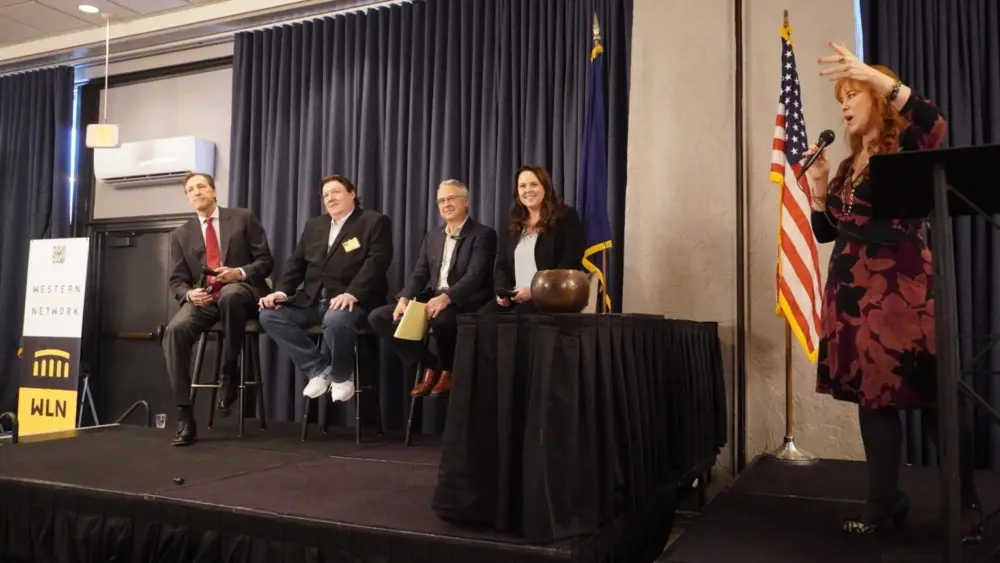BOISE, ID – The Idaho legislative session might be over, but one lawmaker is already looking to next session for ways to make the state more affordable.
Idaho is among 20 states where the minimum wage is in line with the federal rate of $7.25 per hour. State Rep. Todd Achilles, D-Boise, noted that rate hasn’t changed in 15 years, even though the cost of living continues to rise.
According to the Massachusetts Institute of Technology Living Wage Calculator for Ada County, for instance, the wage needed for one person without kids to get by is more than $25 an hour.
Achilles said the minimum wage is intended to be a living wage – but the current floor is at an unlivable rate.
“There’s just an overall trend, and I hear this from folks all the time, that it’s impossible to live in Idaho,” said Achilles. “Expenses are high, wages are low, and I think this is where government has a duty to set some guardrails on what business can and can’t do.”
This session, Achilles introduced a bill that would have raised the minimum wage to $17 an hour by July 2027. He explained that he introduced the bill late in the session to start a conversation in the state, so the effort could be adapted ahead of the 2026 session.
The Boise Democrat said one of the main pushbacks against raising the wage is that the market should determine the appropriate rate. Achilles said he wants to see a healthy labor market, but in many parts of Idaho, he said he isn’t convinced markets are competitive.
“There aren’t a lot of choices of employers,” said ,” said Achilles. “Employers can set the rates, and workers can’t bounce around and find the income they want – and so, labor markets aren’t competitive. So, setting the minimum wage sets a floor on what the labor market can do.”
Achilles said raising the minimum wage would save the state money, because fewer people would have to depend on social safety-net programs. He also noted that many of the companies paying low wages aren’t based in Idaho.
“They pay very low rates,” said Achilles. “Those employees can’t get by, they turn to services from the state, and so what that becomes is just a de facto subsidy to these gigantic corporations – highly profitable corporations – and that’s just completely unacceptable.”





